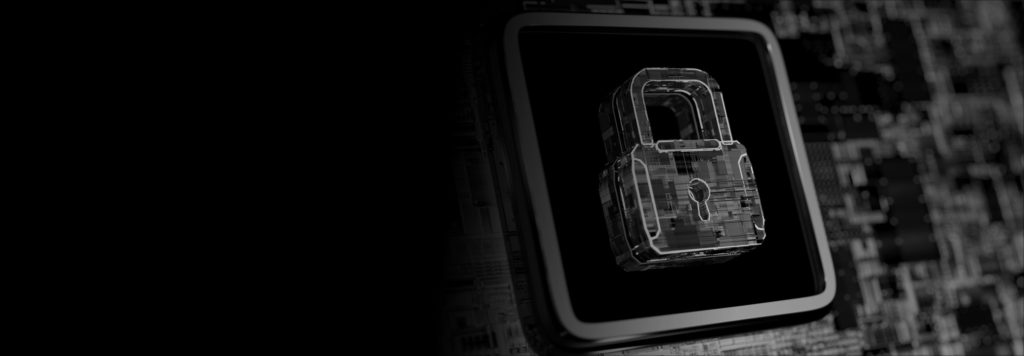Home Bsc

Across the globe, the demand for cyber security professionals is high. This course has been developed in response to this need. Built on a solid foundation in computer science, the course provides professional education in the theory and practice of cyber security.
Course overview
The course provides a solid foundation in computer science, and to build professional education in the theory and practice of cyber security and to learn the skills needed to become an expert in this field.
In the first year, you will study fundamental knowledge of computer science, and gain skills in problem solving, program design and implementation. This will be followed by a range of specialised cyber security topics in years two and three.
Upon successful completion of the course, the student will be awarded a degree in BSc (Hons) Cyber Security with 360 UK credits.

















Any one of the following:
Minimum of 112 UCAS points from British/International A levels at grades B, B, C or above
55% or above in standard Grade 12th Higher Secondary School examinations of UAE, India, Pakistan, Sri Lanka, or equivalent of other regional countries
International Baccalaureate (IB) Diploma – minimum of 24 points
BTEC Extended Diploma with Distinction, Distinction, Merit
HE Diploma or equivalent Level 3 diploma in a computing subject, worth 120 UK credits (60 ECTS)
GCSE English and Maths (Grades 9 -4 /A*- C) or level 2 equivalents, for example:
60% or above in Grade 10th/12th English or IELTS Score 5
60% or above in Grade 10th/12th Mathematics.
Where applicants are unable to evidence level 2 mathematics, they may be admitted through one of the following routes:
Successful completion of the UWL-RAK mathematics bridging course with a mark of 60% or higher in the proficiency test
Evidence of 60% or above in Grade 12th Computer Science/Information Technology/Informatics Practices/ Computer Systems/Computer Programming.
Mature applicants (aged 21+): If you do not hold the qualifications listed but have relevant work experience, you are welcome to apply. Your application will be considered on an individual basis.
Level 5 (year 2) entry: To directly enter the second year of this course you will need to show appropriate knowledge and experience. For example, you are an ideal candidate if you have 120 undergraduate credits at Level 4 or a CertHE in a related subject area (RPL process and mapping will be required).
Level 6 (year 3) entry: To directly enter the third year of this course you need to show appropriate knowledge and experience. For example, you are an ideal candidate if you have 240 undergraduate credits (at Level 4 and 5), a DipHE, Foundation degree, or HND in a related subject area (RPL process and mapping will be required).
Cyber Security graduates generally have a good record of finding employment and progressing in their profession. Popular roles for BSc Cyber Security graduates include:















Once you graduate, you will be able to look for roles with law enforcement, government agencies, security consultancies and commercial IT departments.
We actively encourage students with potential for research to make their interest known early on in their course.